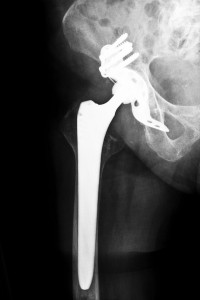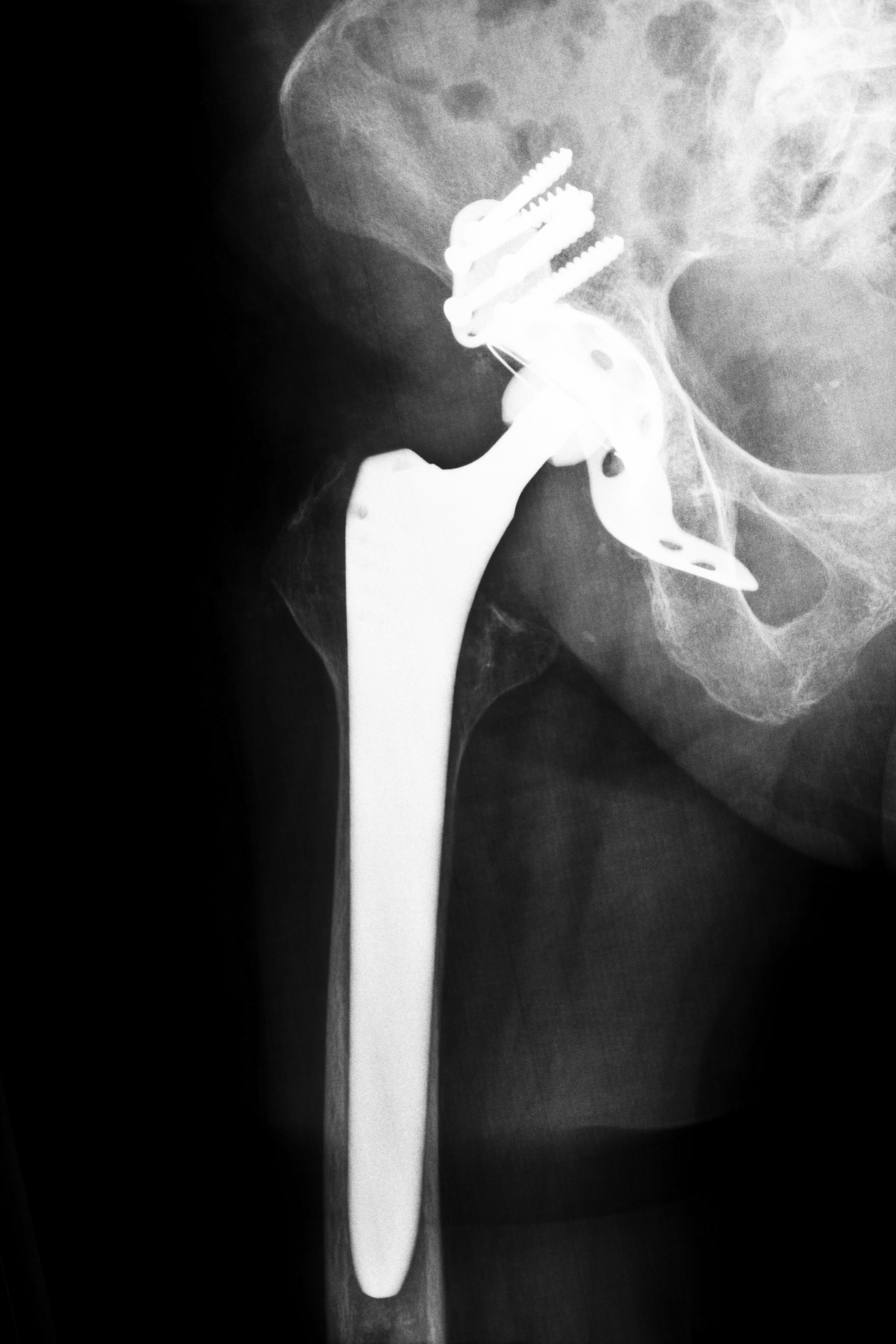Metal-on-metal hip replacements were designed to offer people more freedom and less worry. However, it turns out that they are often a considerable source of worry and can sometimes even create an illness that restricts freedom. Kentucky hip replacement patients with MoM implants need to be aware of all of the potential risks, not just the ones their doctors told them about.
The Failed Experiment: Metal-on-metal Hip Replacements
 Joint replacements are becoming fairly routine surgeries these days, and they can be miraculous. They allow people who have lost most of their ability to move around to be walking or even running again. However, metal-on-metal or MoM hip replacements have not been a huge success.
Joint replacements are becoming fairly routine surgeries these days, and they can be miraculous. They allow people who have lost most of their ability to move around to be walking or even running again. However, metal-on-metal or MoM hip replacements have not been a huge success.
The main issue with MoM hip replacements is the way that they rub together. This friction releases metal into the patient’s body in a way that the friction of other hip replacement devices does not. The high levels of metal are toxic to the body, and people affected by them start to show reactions like skin rashes or pain in the affected joints.
Even if there were no studies suggesting it, the fact that heavy metal poisoning is a known cause of cancer would be worrisome. Although they are in a different form, the same heavy metals that are known to be carcinogenic can be found in some hip replacements. It only seems logical that high levels of carcinogenic metals in the blood could lead to some serious health risks.
MoM Hip Replacements and Cancer
In a British study that set out to see whether there was any validity to that logic, scientists investigated patients who had received MoM implants during the time period from 1990 to 2009. Worryingly, they did find evidence to suggest that there was cause for concern. Patients in the study appeared to be more likely to be diagnosed with one of two skin cancers, basal cell carcinoma and cutaneous melanoma, as well as prostate cancer. Additionally, the study found that the overall risk for these patients might be as much as 5 percent higher than the risk for people in the same demographic who did not have a MoM hip implant.
MoM Hip Replacements Going Away?
Because of their unexpectedly high rate of failure, MoM hip replacements are no longer being recommended by most experts. Some implants have failed as much as four times as often as they were expected to, leading to painful and expensive revision surgeries for patients much sooner than should have been necessary. Other devices that are made of ceramic, plastic, or a mixture of metal and a secondary material appear to be more successful.
FDA Takes No Action
MoM hip replacements seem to be on their way out because of their unexpectedly high rates of failure. However, the FDA has made no mention of the fact that they could be carcinogenic. Instead, they simply suggest that patients who are considering a hip implant should discuss the choice of device with their surgeon. For current Kentucky MoM hip replacement patients, the FDA recommends further testing only if a person has symptoms of poisoning. If you have been the recipient of such an implant and wish to know your rights, contact Attorney Group for Kentucky today.






